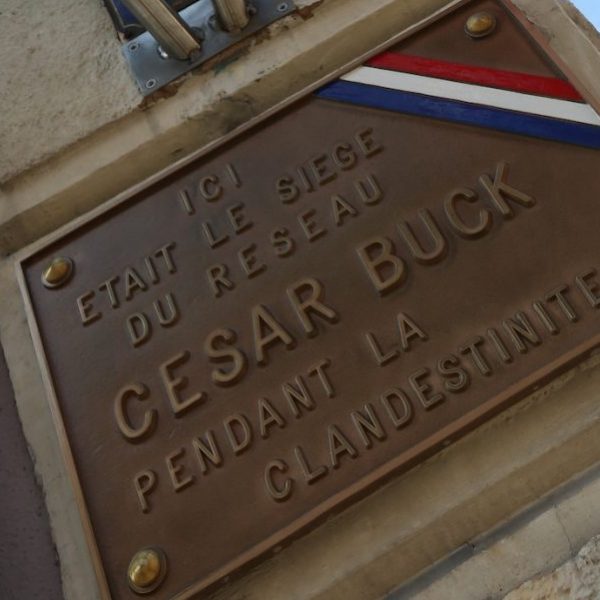J’Accuse! (Heard That One Before?)
On February 7, 1898, French writer Émile Zola was brought to trial for libel in his publication of “J’Accuse” in L’Aurore, a daily, leftist paper in Paris. His indictment of the French military’s treatment of the Drefyus Affair catapulted the anti-Semitic, pro-nationalist conspiracy to international recognition. The sympathetic camp of Dreyfusards finally had a popular face to put with their campaign. Zola’s voice as he listed the targets of his accusations could not be ignored.
The nascent Third Republic in France was still settling its differences between l’ancien regime and newfound, lasting republicanism. First and foremost at that crossroads was the aristocratic, militaristic French Army, where the traditions of monarchy were more prominent than most sects of French culture. The duplicitous, institutional cover-up of guilty Ferdinand Walsin Esterhazy, the true spy in the ranks who traded secrets with the Germans, was a divisive moment in France, splitting political parties, religious groups, families, even the very identity of the nation. Meanwhile, Dreyfus withered away in penal exile on Devil’s Island off the coast of French Guiana. For cases of discrimination and bigotry alike, the Dreyfus Affair has had a lasting impact on how we interpret justice in our modern democracies.
As part of our Why X Matters series, attorney and novelist Louis Begley has penned Why the Dreyfus Affair Matters. Writing for the New York Review of Books, Robert Gildea noted that  “[Begley’s] writing is particularly powerful in drawing lessons for American society after September 11.” Indeed, the book itself opens with a reflection on cases at Guantánamo Bay, written on the day after President Obama’s inauguration as Begley put the final touches on the manuscript. Begley goes on to wonder:
“[Begley’s] writing is particularly powerful in drawing lessons for American society after September 11.” Indeed, the book itself opens with a reflection on cases at Guantánamo Bay, written on the day after President Obama’s inauguration as Begley put the final touches on the manuscript. Begley goes on to wonder:
Times and circumstances change. Some Guantánamo detainees may be as innocent as Dreyfus; some surely are not. But before January 20, Guantánamo detainees could look forward only to trials that would be as unfair and lacking in protections for the defendant as the court-martial that convicted Dreyfus.
When considering those charged—then and now, innocent and guilty—it is hard to escape the legacy of this most infamous modern scandal of accusations, wrong or otherwise. The poems, plays, films, invocations and exclamations echo over and over: J’accuse! And we are instantly transported to turn-of-the-century France and how it revealed its own internal struggles on a global stage.



